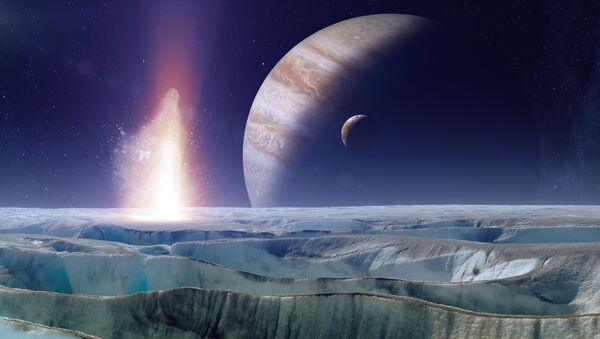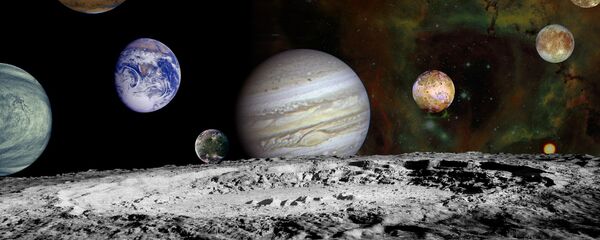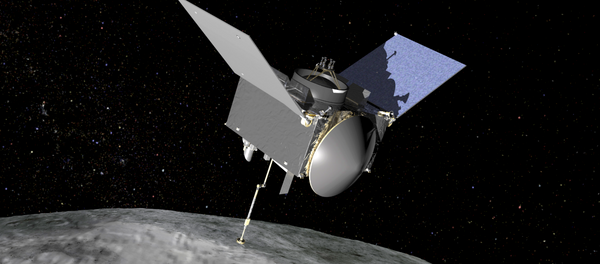The Hubble Space Telescope has kept a close eye on the Jovian moon ever since 2012, when it first observed plumes of water vapor erupting from Europa’s south pole. The geysers reached 120 miles into space, leading scientists to speculate that collecting samples from the moon could be easier than they initially speculated.
While the details of Monday’s surprise conference remain unknown, it will involve new information obtained by Hubble.
"Astronomers will present results from a unique Europa observing campaign that resulted in surprising evidence of activity that may be related to the presence of a subsurface ocean on Europa," NASA officials wrote in a statement released on Tuesday.
The teleconference will include Paul Hertz, director of the Astrophysics Division at NASA Headquarters in Washington; William Sparks, an astronomer with the Space Telescope Science Institute; Britney Schmidt, assistant professor at the School of Earth and Atmospheric Sciences at Georgia Institute of Technology; and Jennifer Wiseman, senior Hubble project scientist at NASA’s Goddard Space Flight Center.
As scientists search for signs of life in our solar system, Europa is thought to be one of the most promising candidates. The sixth-largest moon in the solar system, it is one of Jupiter’s 67 satellites. Slightly smaller than our own moon, icy Europa is believed to have a vast ocean hidden beneath a thick, frozen surface.
Scientists previously thought that any expedition to the moon would require sophisticated drilling equipment capable of piercing through to the potentially life-harboring ocean. But the vapor plumes offered hope that water samples could be gathered through a flyby, or even observed from afar.
Earlier this year, NASA announced a new study that found the chemical balance of Europa’s ocean could be similar to those on Earth – if they exist.
"We’re studying an alien ocean using methods developed to understand the movement of energy and nutrients in Earth’s own systems," said Steve Vance of NASA’s Jet Propulsion Laboratory, according to Science Alert.
"The cycling of oxygen and hydrogen in Europa’s ocean will be a major driver for Europa’s ocean chemistry and any life there, just as it is on Earth."
NASA plans to spend roughly $100 million to launch a probe past Europa in the 2020s.





